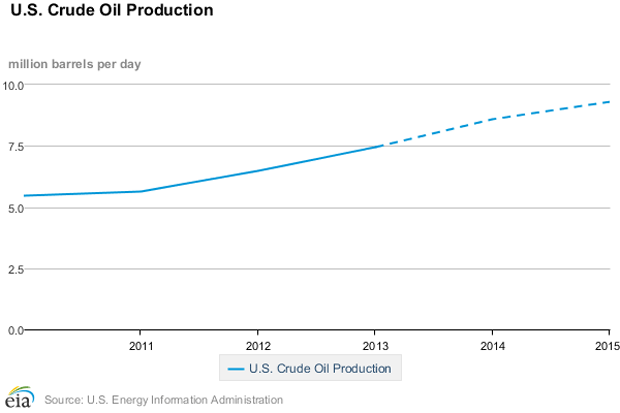U.S. stocks plunge as oil continues swoon
NEW YORK - U.S. stocks plunged Wednesday as oil prices continued their sharp slide.
The Dow Jones industrial average fell 268 points, or 1.5 percent, to close at 17,533, the blue-chip index's biggest drop in two months. The Standard & Poor's 500 index fell 34 points, or 1.6 percent, to 2,026, and the Nasdaq composite lost 82 points to 4,684.
Investors are also speculating the Federal Reserve will signal that it intends to raise interest rates next year should the economy continue to strengthen.
Oil prices retreated after the Organization of the Petroleum Exporting Countries slashed its estimate of how much crude it will need to produce next year due to rising supplies. The U.S. Energy Department said domestic inventories grew by 1.5 million barrels last week. Analysts expected a decline.
The price of crude oil sank $2.88, or 4.5 percent, to $60.94 a barrel in New York, a five-year low. The price of oil has plunged more than 40 percent from a peak of $107 in June as traders speculate that global supplies will exceed demand.
Although the decline in oil prices has punished the energy sector, economists expect it to boost consumer spending. Prices at the pump have fallen more than 40 percent since June.
Exxon Mobil fell $2.59, or 2.8 percent, to $88.79. Chevron slid $3.02, or 2.8 percent, to $103.99.
Shares of airlines, which are heavy fuel users, rose as oil plunged. Southwest Airlines gained $1.75, or 4.4 percent, to $42.47, and has now risen 125 percent this year. Delta Air Lines climbed 64 cents, or 1.3 percent, to $46.95.
While a slump in stocks this week is being led by the energy sector, investors are also speculating that the Fed will signal next week that it is nearing its first rate increase in more than eight years. After a jump in hiring in November, the U.S. is on track for the healthiest year for job creation since 1999.
Policy makers are scheduled to convene a two-day meeting on Dec. 16.
"The stronger employment data and economic data that we have gotten has only increased people's confidence that the Fed is going to be raising rates by the [middle] of next year," said Rob Eschweiler, global investment specialist at J.P. Morgan Private Bank in Houston.
European indexes edged mostly lower following a sell-off the day before. The slump was over concerns that Greece might hold early general elections and that a left-wing opposition party would win. The Syriza party wants to cut what Greece owes in bailout money, which could potentially derail the country's recovery.
France's CAC-40 fell 0.8 percent and Britain's FTSE 100 fell 0.5 percent. Germany's DAX rose 0.1 percent.
Government bond prices were little changed. The yield on the benchmark 10-year Treasury note edged down to 2.20 percent from 2.21 percent on Tuesday.
The dollar fell to 118.42 yen from 119.40 late Tuesday. The euro rose to $1.2429 from $1.2385.
